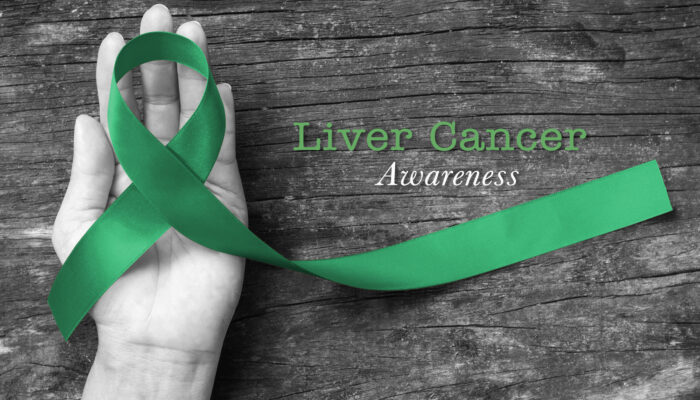
10 things to know about cervical cancer
The cervix is the body part which connects the lower part of the uterus to the vagina. When some of the cells in the cervix turn cancerous and start growing abnormally, it may lead to cervical cancer. If left untreated, this type of cancer could spread to other parts of the body as well. Here are some basic facts about cervical cancer that everyone should know:
- While cervical cancer can happen to women of all ages, it is most common in women who are over 30. Additionally, sexually active women run a higher risk of developing this form of cancer.
- The main cause of cervical cancer is the human papillomavirus (HPV). While the HPV is a common virus passed between people during intercourse, it is not always necessary that contact with this virus results in cervical cancer.
- There are multiple types of HPV. Some of these types may impact the woman’s cervix over a long duration of time. Thus, some may lead to cancer, while other types may cause skin warts or genital warts.
- It is possible to prevent this form of cancer most of the times, thanks to the vaccines and screenings tests that are abundantly available for preventing HPV infections. For instance, pap tests help in diagnosing any changes in the cervix before the onset of cancer. Pap tests can also help identify the early symptoms of cervical cancer.
- Cervical cancer is treatable when detected early, and survivors can lead a healthy and good quality of life after completing the initial treatment.
- The worst part about contracting this virus is that there are no obvious symptoms of its presence in the cervix. For most women, it tends to subside by itself. However, for some people, it may end up causing cervical cancer.
- Another fact to know about cervical cancer is the demographic that carries the highest risk of getting it. People who smoke are at high risk of getting this cancer and so are people who are already affected by the human immunodeficiency virus (HIV). Apart from HIV, any condition that hampers the immunity system puts an individual at a higher risk of getting cervical cancer.
- For women who have been consuming birth pills for over five years and have given birth to more than three children, the risk of getting this form of cancer runs much higher as compared to their contemporaries.
- Additionally, having multiple sexual partners also puts women at a higher risk of developing this cancer.
- The best way to prevent this type of cancer is to have intermittent screening tests from the age of 21. The moment one spots an abnormality, they should consult an oncologist after consulting a physician. Lastly, there are multiple treatments available to combat cervical cancer. These treatments may include radiation therapy, chemotherapy, and even surgery. Depending upon the stage of cervical cancer that one has, doctors will suggest the ideal form of treatment.



